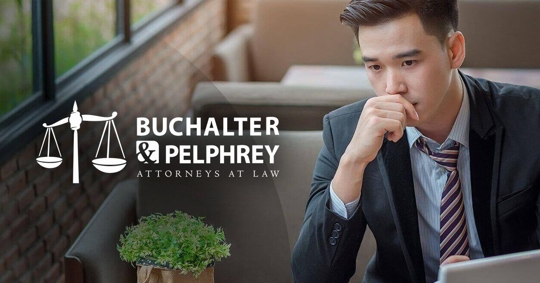Most people associate bankruptcy with the loss of property. The court might discharge their debt, they say, but at what cost?
Fortunately, most don’t lose their property because of bankruptcy. Chapter 7 is the only type of bankruptcy that involves a liquidation process, but even Chapter 7 allows most filers to keep everything they own.
Chapter 13 does not involve a liquidation process. If you complete the entire repayment plan (i.e. 3-5 years of monthly payments), you should receive a debt discharge without losing anything you own. Read on, however, to learn why you will still need to calculate the value of your nonexempt assets.
Do Exemptions Matter in Chapter 13?
Under Chapter 7, filers use state or federal bankruptcy exemptions to protect their assets, equity, and other personal possessions from the liquidation process. If the filer can exempt the full value of a certain type of property, the trustee will not be able to sell that property to repay the filer’s creditors.
In Chapter 13, the bankruptcy exemptions still matter—but for a different reason. While you won’t experience a liquidation process, you will need to calculate the value of your nonexempt property, and it will determine how much minimum debt you will need to repay before obtaining a discharge.
This is because your creditors must receive at least the same amount under Chapter 13 as they would if you had filed Chapter 7. Rather than selling nonexempt property and sending the proceeds directly to your creditors, the trustee will collect monthly payments from you for 3-5 years—and the total amount that you repay must include the value of your nonexempt assets.
For example, let’s say you own $60,000 of nonexempt property, meaning you cannot protect these assets and possessions through state or federal exemptions. Through a five-year repayment plan, you would need to pay this entire amount, which would equal $1,000 per month ($60,000 divided by 60 months).
This is why Chapter 13 is best for individuals who:
- Do not qualify for Chapter 7;
- Would lose assets through the Chapter 7 liquidation process; and/or
- Have a steady, substantial income.
When Chapter 13 Cannot Protect Property
While bankruptcy might not directly cause you to lose your property, it might not prevent you from losing it.
You might still be at risk of losing your property during or after Chapter 13 bankruptcy if:
- You fail to make all required payments;
- You can’t catch up on mortgage or auto loan arrears by the end of your payment plan;
- You do not reaffirm secured debt (i.e. renew the repayment and liability agreement); and/or
- A creditor successfully goes through the bankruptcy court to seize your property (although this is relatively rare).
To determine whether bankruptcy will help you eliminate debt without jeopardizing your property ownership, you will need a seasoned professional to conduct a personalized assessment of your situation.
Dedicated Counsel from Our Team
At Buchalter & Pelphrey Attorneys At Law, our attorneys provide comprehensive debt-relief services for individuals, families, and businesses who are struggling to make ends meet. We regularly help clients file bankruptcy and maximize the benefits of this complex legal process, but we also help clients implement suitable alternatives when bankruptcy isn’t the best option. When you come to our firm, you can trust us to give you honest recommendations backed by decades of experience.
Contact us online or call (321) 320-6088 to schedule your free consultation today.

